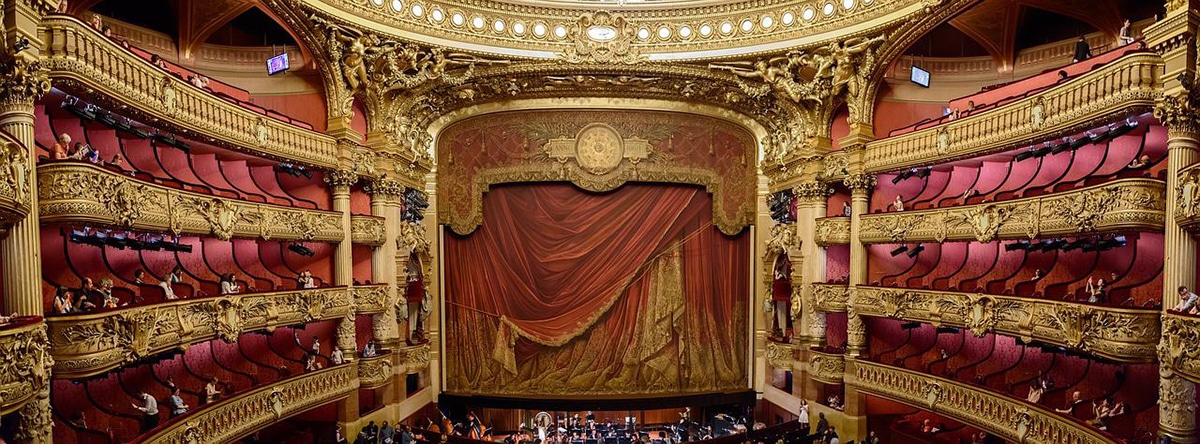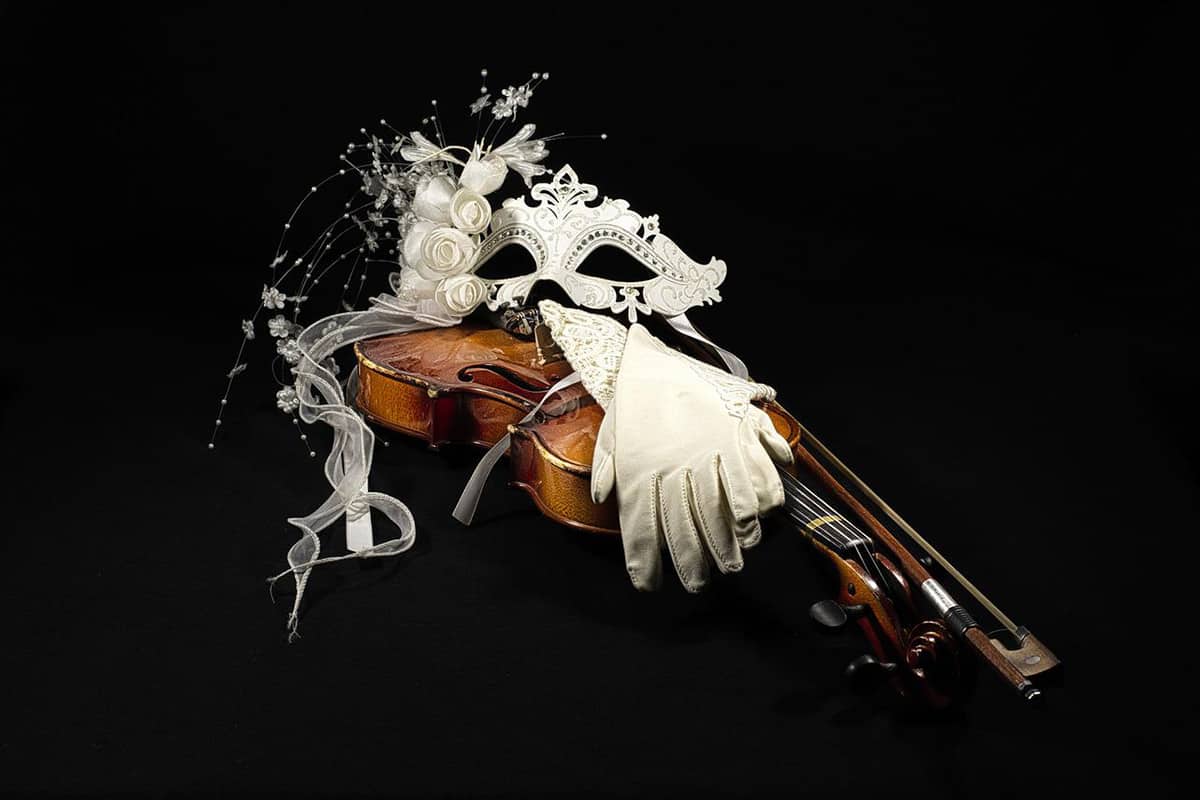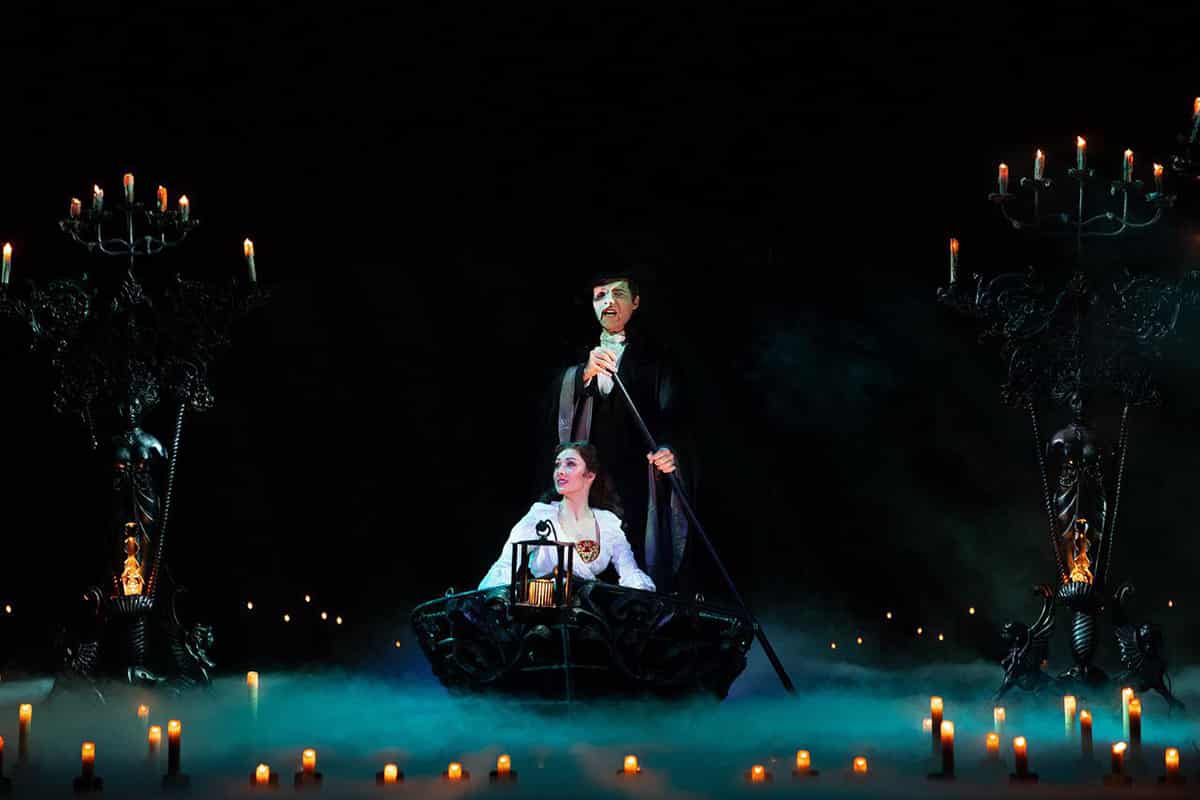
Today there are many types of musical styles and plays. Unfortunately, some genres are losing audience as modern sounds become more and more important. So it is not surprising that there are people, especially young people, who do not know exactly what is opera Well, to get everyone out of doubt, we will explain it in this article.
We will talk about what opera is, what its origin is and how it differs from other musical theater genres. After all, we are talking about a type of art that It has been part of our culture and traditions for centuries. and of which important personalities such as Mozart himself have been part. You already know that knowledge does not take up space, but it enriches us a lot on an intellectual level.
What is opera and what is its origin?

Let's start by explaining what opera is. It is basically a genre of theatrical music. In the, all the actions carried out in scenes have an instrumental accompaniment and are sung. The word “opera” comes from Italian and would be translated as “musical works”. In general, these types of performances are made in opera houses, as they require good acoustics in the room. They are also usually accompanied by musical groups, such as an orchestra. It should be noted that opera is part of the tradition and culture of Western and European classical music.
As in other genres of musical theater, The opera brings together the following elements:
- performing arts: Dance, ballet, acting, etc.
- scenic arts: Plastic arts, architecture, decoration, painting, etc.
- scenic effects: The lighting, for example.
- Makeup
- Music: Choir, director, orchestra, soloists, etc.
- Poetry (via Freedman)
- Locker rooms
When we talk about operas we refer to true masterpieces of the performing and musical arts. But how did such elaborate works originate? According to some authors, there were several formal precursors of this genre, specifically these:
- Greek tragedy: It is a theatrical genre of Ancient Greece inspired by sacred representations and greek myths.
- The Italian mascerata: Carnival songs from the XNUMXth century that were part of the festive entertainment of the courts.
- The fifteenth century intermediates: They are small musical pieces that used to be inserted throughout theatrical performances.
What was the name of the first opera and whose was it?

The first opera, as this concept is understood and defined today, was the famous composition called Daphne, whose author is Jacopo Peri. He wrote it in the year 1597, inspired by the "Camerata Florentina" or "Camerata de Bardi". This was an elitist circle made up of various Florentine humanist writers.
In its day, the objective of the work Daphne was to revive, or at least try to, classical Greek tragedy. This idea was part of the desire to restore many of the features of antiquity, something deeply rooted in the Renaissance. According to the members who were part of the Camerata, in Greek tragedies all the choral parts were sung, and surely the whole text as well. Thus, the opera had to restore this tradition.
It was on December 26, 1598 when it was performed Daphne for the first time. It took place in Florence, specifically in the Tornabuoni Palace, at a private level. Shortly after, on January 21, 1599, it was performed in public, also in Florence, but this time at the Pitti Palace. Unfortunately, this opera, which was the first of all, has been lost. The only thing that remains of it is the libretto and a few fragments of the music.
However, there is a later work, also written by Jacopo Peri, which does exist today. In fact, it is the first opera in history that has survived, as its music has been preserved in its entirety. Is called Eurydice and dates from the year 1600. They commissioned the creation of this work to celebrate the wedding between Maria de' Medici and Henry IV of France.
Differences from other genres of musical theater

Broadly speaking, the opera is characterized by being a representation constantly accompanied by music. In this aspect it differs from other genres of musical theater, in which there may be only spoken parts or whose main element is dance. However, since the time of baroque there are bordering forms that can be confused. These are some examples:
- the masquerade
- Die Dreigroschenoper
- The ballad opera
- El Singing game
- the zarzuela
Although it is true that these are works that are on the border between opera and recited theater, both the zarzuelas by José de Negra and the singspiele by Wolfgang Amadeus Mozart are considered operas. Instead, Die Dreigroschenoper by Kurt Weill, known in Spanish as "The Three Cent Opera," is much more like a recited theater than an opera.
It should also be noted that there are other genres of musical theater that are very similar to opera. An example would be the opera-ballet, which was born in the French Baroque. Other confusions can arise with some of the neoclassicist works of the XNUMXth century. Among them, those written by the Russian composer Igor Stravinsky, one of the most transcendental and important musicians of that time, stand out above all. Nevertheless, the main expressive part of these works is dance. In these chaos, singing plays a secondary role. As for the difference between the Viennese opera and operetta, the Spanish zarzuela, the American and English musical and the singspiel German, this is merely formal.
I hope I have clarified what opera is and that you are encouraged to enjoy a performance of it. If you like music and theater, you have to give it a try. Personally, I had the pleasure of being able to see the well-known opera “The Magic Flute” live at the famous Liceu in Barcelona, and I was delighted! Without a doubt, I would see her again to enjoy her amazing songs and eye-catching scenes.